Haile Selassie — the last Emperor of Ethiopia, descendant of King Solomon and the Queen of Sheba
By Pictolic https://pictolic.com/article/haile-selassie-the-last-emperor-of-ethiopia-descendant-of-king-solomon-and-the-queen-of-sheba.htmlHaile Selassie I (translated as his name means might, the power of the Trinity) was first the regent of the country, and since 1930 — the emperor for 44 years. He is considered a direct descendant of the legendary dynasty of King Solomon and the Queen of Sheba — that is why one of his titles sounds like "The Lion-winner from the tribe of Judah, the chosen one of God, the king of kings of Ethiopia."
The figure of Haile Selassie is one of the most significant in Ethiopian and African history.
(13 photos in total)
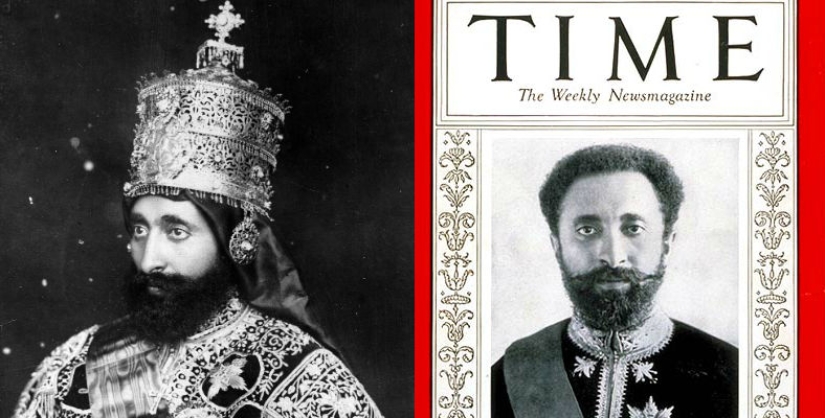 Source: Design You Trust
Source: Design You Trust
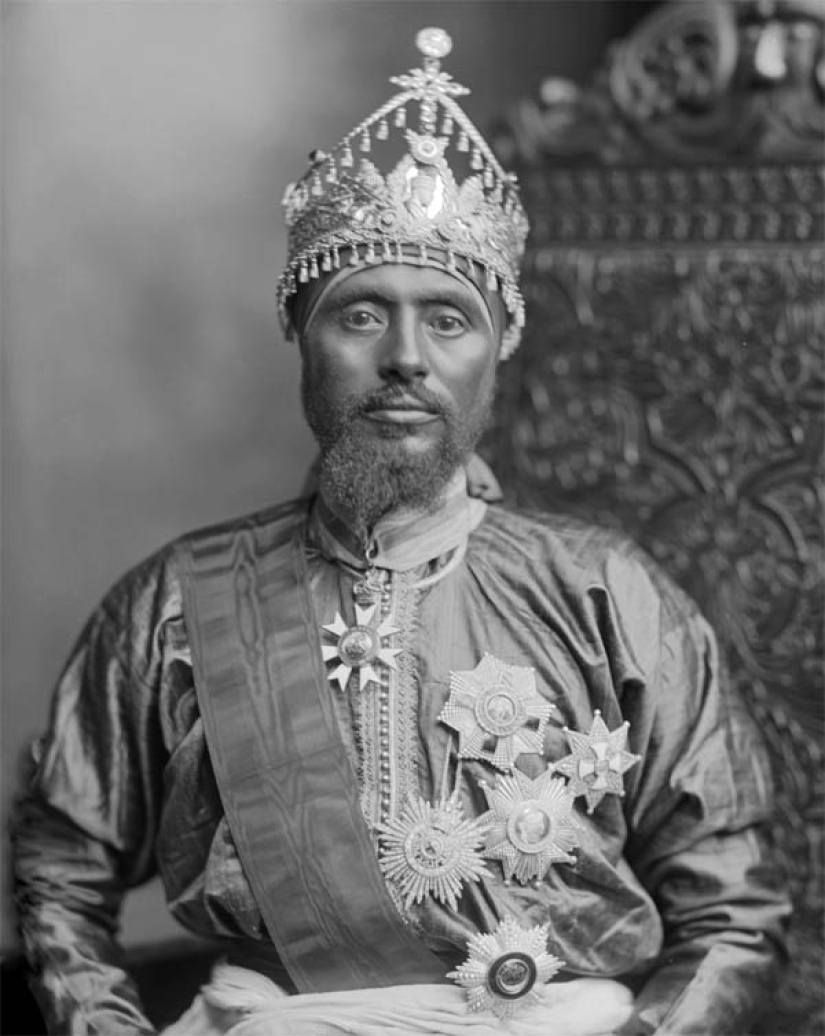
Teferi Makonnin (Haile Selassie I was known by this name before he ascended the throne) was born into the family of a cousin of the reigning emperor as the tenth child, so initially he had no chance of the throne. However, his father was the governor of Harari province, a military commander and chief adviser to the emperor, so the boy, although the tenth in the family, received a good education.
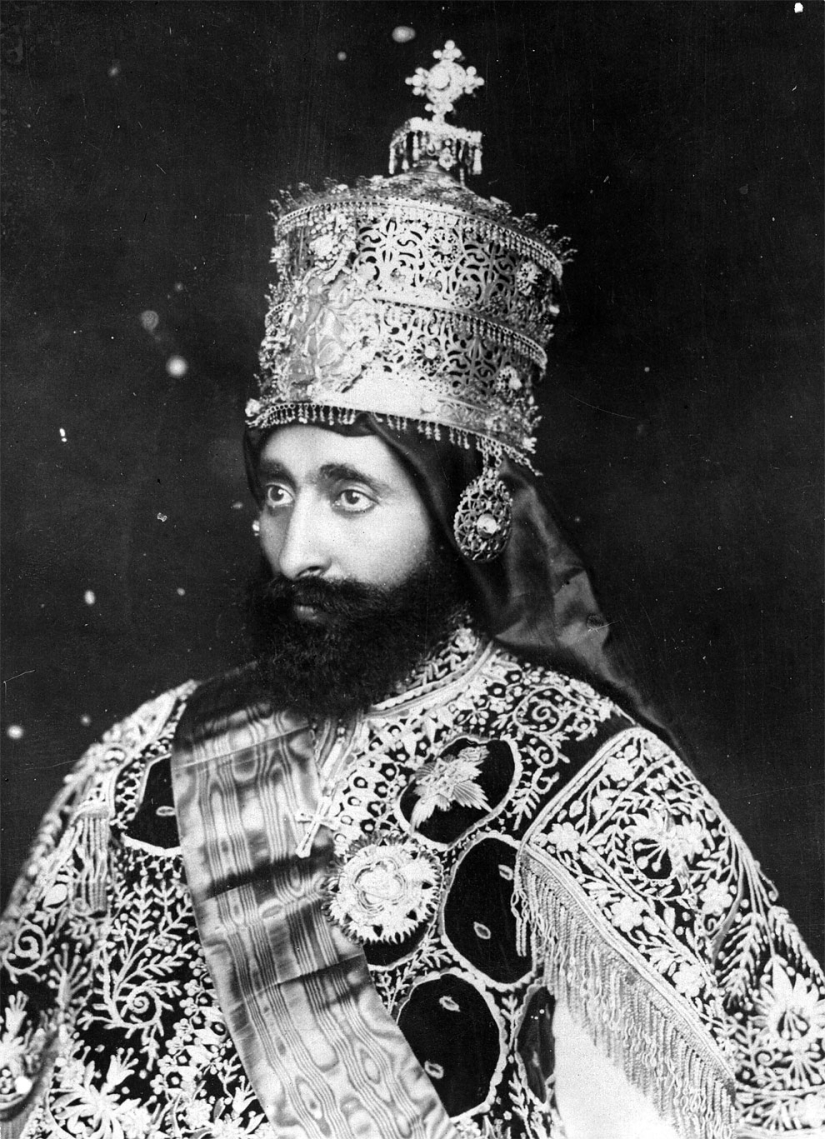
Already at the age of 13, the future ruler of Ethiopia acquired his first management skills — he was entrusted with a small area 35 kilometers from the city of Harare.
After the death of Emperor Menelik II in 1913, the throne passed to his grandson Liju Iyasu, who became emperor under the name Iyasu V. At first, the relationship between him and Tafari was friendly. Even before his accession, Iyasu married his niece, Menem Asfa, to Teferi. On September 27, 1916, part of the nobility, who were dissatisfied with the emperor, deposed him and excommunicated him from the church. The daughter of Menelik II was enthroned, and Tafari Makonnin was proclaimed regent and heir to the throne with the title of "ras".
And in 1930, Tefari Makonnin was crowned as the new, 225th Emperor of Ethiopia under the name Haile Selassie I.
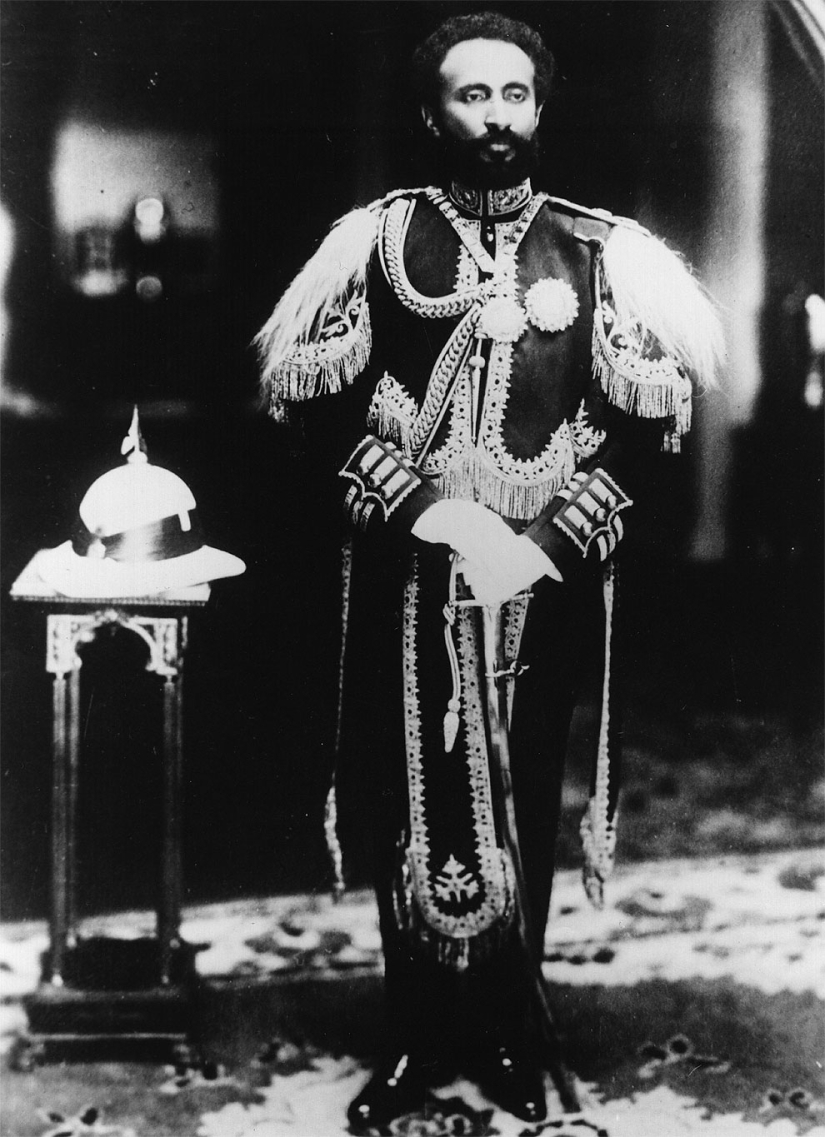
When Ethiopia was attacked by Italy, in 1936 Haile Selassie, at a meeting of the League of Nations, sharply condemned the use of chemical weapons by Italians against his people. Thanks to his internationalist views, Ethiopia became a founding member of the UN, and his political thought and experience in promoting the principle of multilateral relations and collective security turned out to be fruitful and reliable.
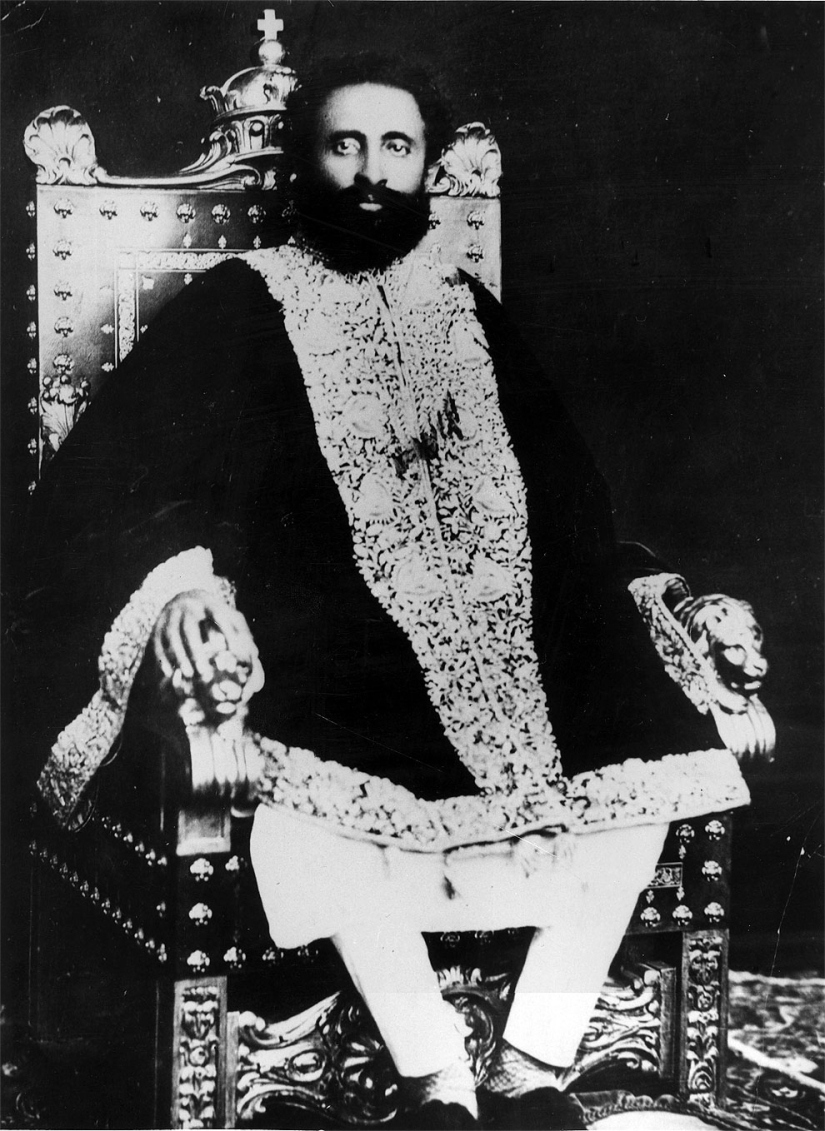
However, his methods of suppressing uprisings and rebellions among the Ethiopian nobility, as well as not always successful attempts to modernize the country, where slavery still persisted in the 1930s, left many historians and contemporaries extremely dissatisfied.
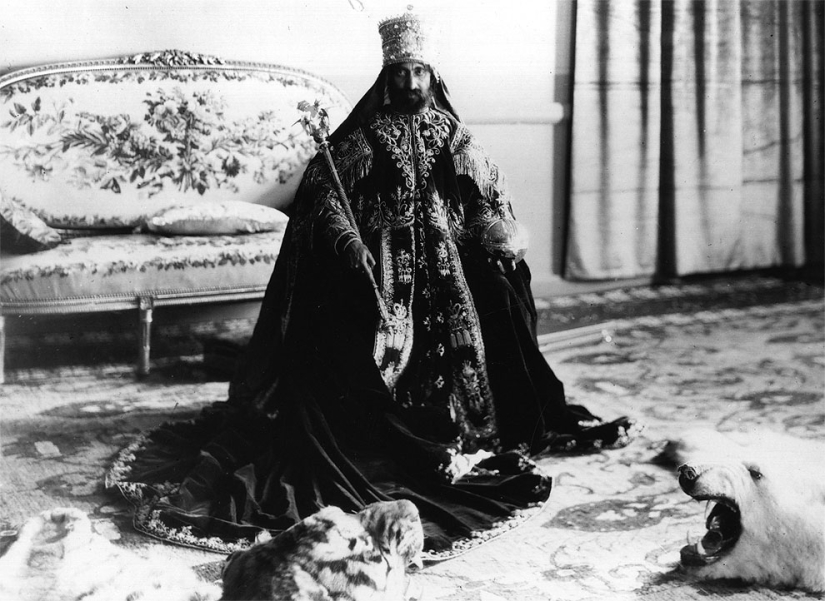
In his youth, Haile Selassie met with Nikolai Gumilev, who visited Ethiopia. Gumilev came to the future emperor to get a pass — permission to travel through Abyssinia.
Academician Nikolai Ivanovich Vavilov, a decade and a half later, also began his journey through Ethiopia. He was also received by Haile Selassie, no longer governor and not yet emperor, but already regent. He remembered: "Ras Tafari (this is the name the future emperor wore before ascending the throne) asked with great interest about our country. He was particularly interested in the revolution, the fate of the imperial court."
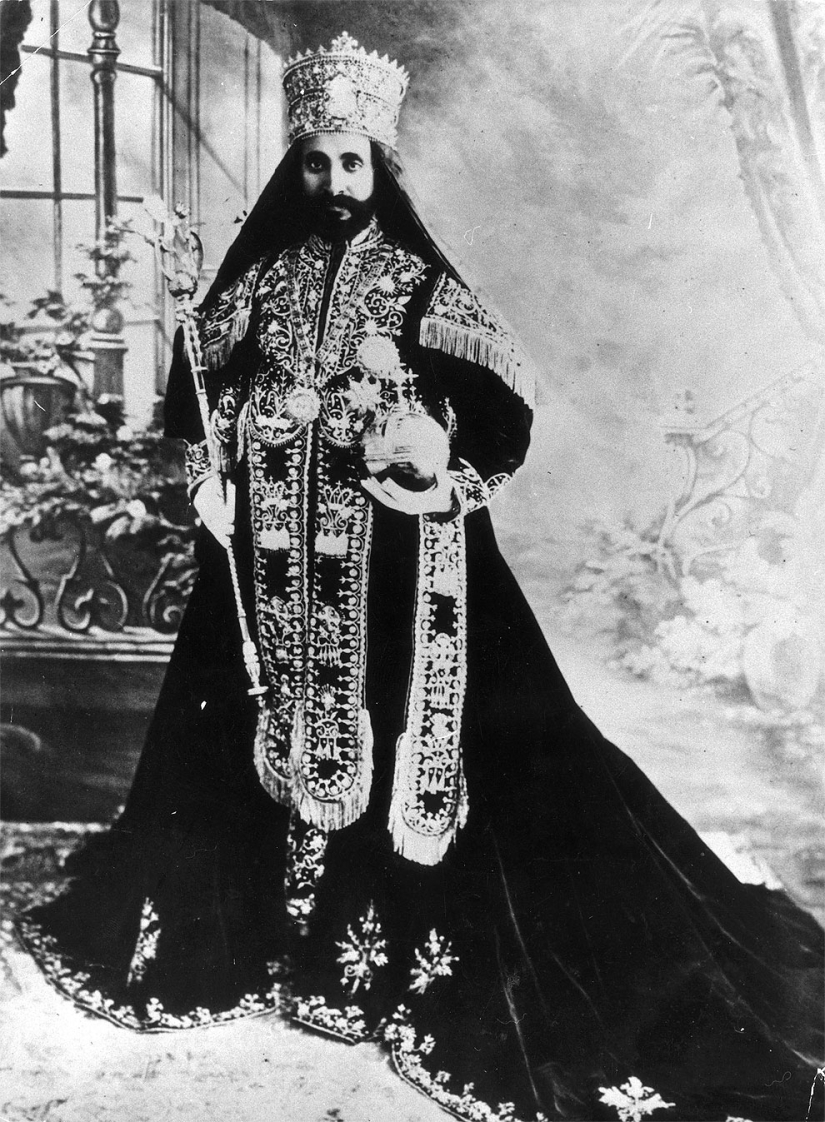
Dissatisfaction with the board reached its apogee in 1974. The emperor was deposed and deprived of power by the military, and a year later Haile Selassie was found dead in his bed. The causes of death are still unknown.
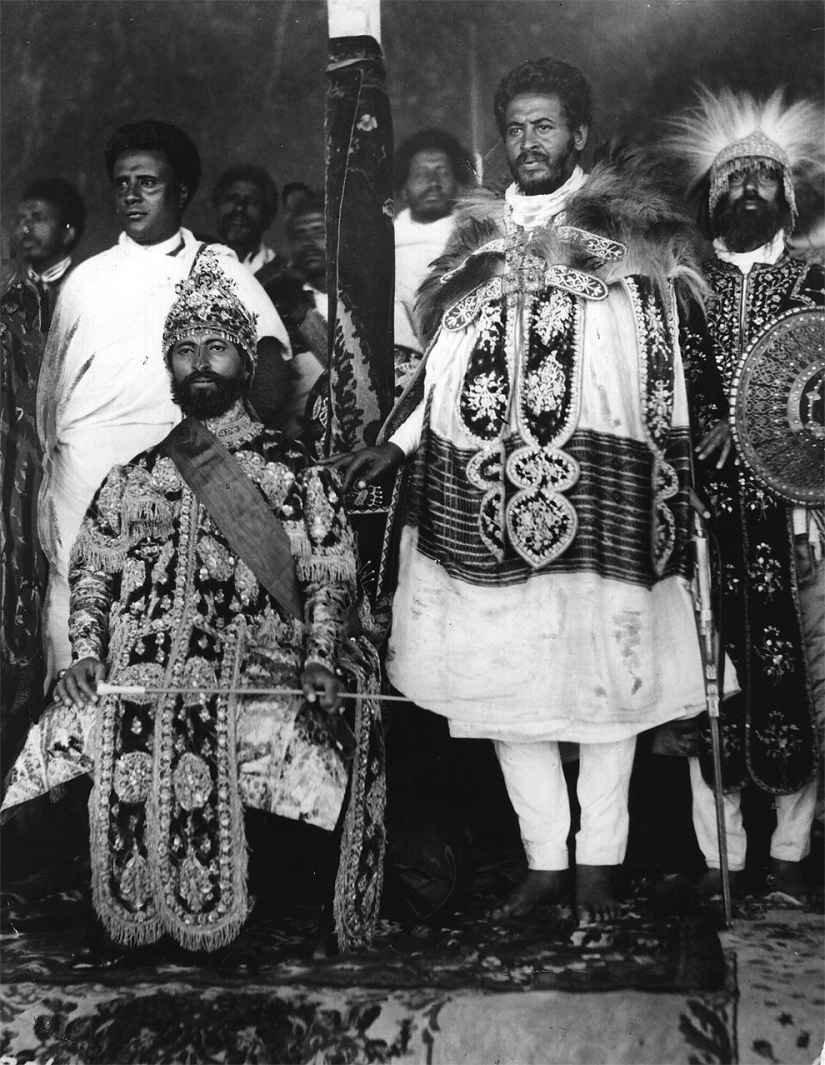
After that, one of the organizers of the revolution, Mengistu Haile Mariam, came to power. Later he would become known as one of the most brutal rulers of the 20th century, during whose reign from 200 thousand to 3 million people died from hunger, torture and genocide.
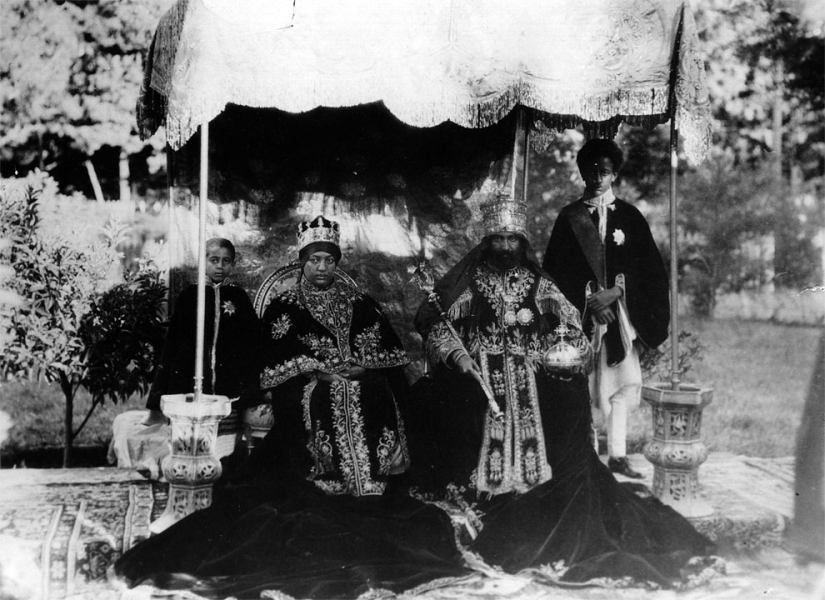
Emperor Haile Selassie I in full attire sits outdoors with his wife Menen Asfa after the coronation.
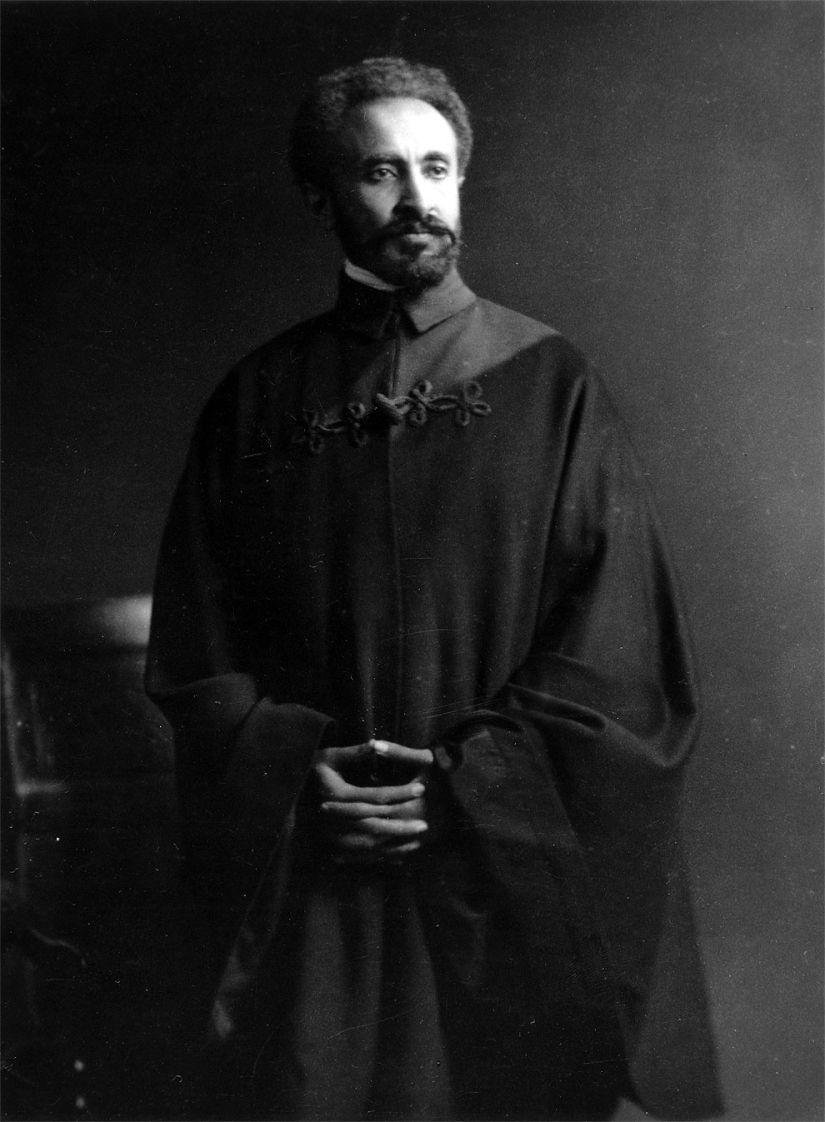
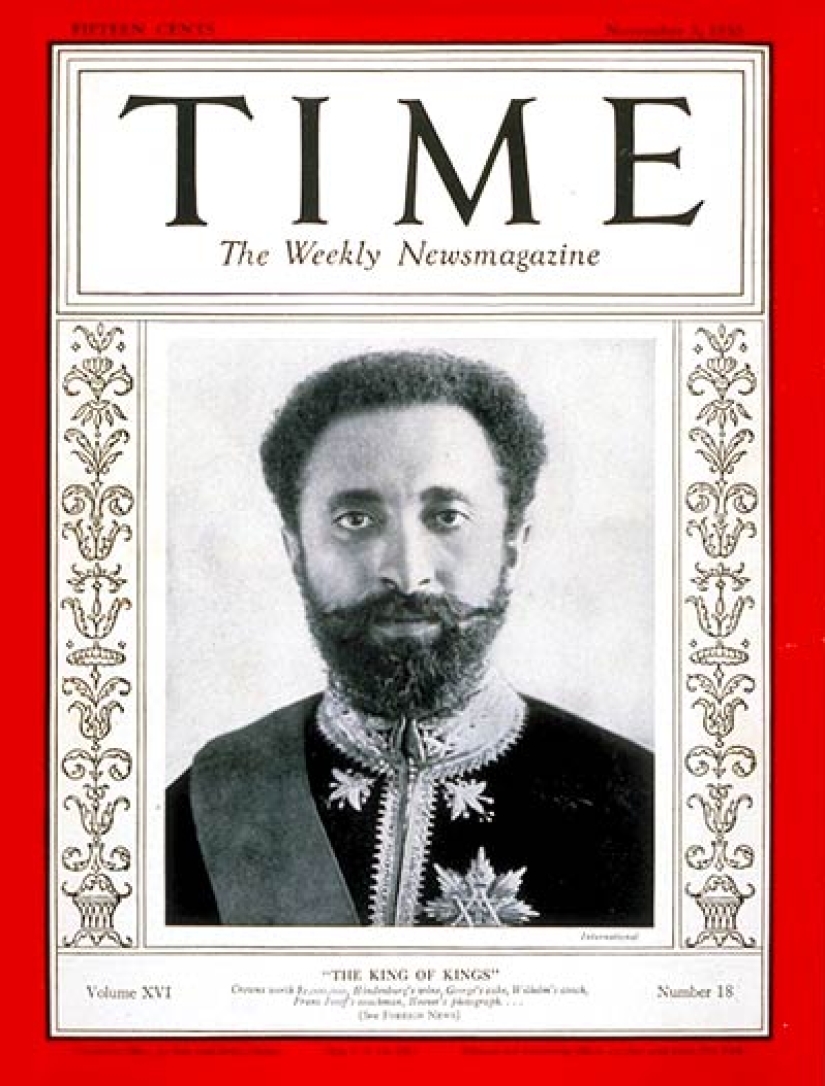
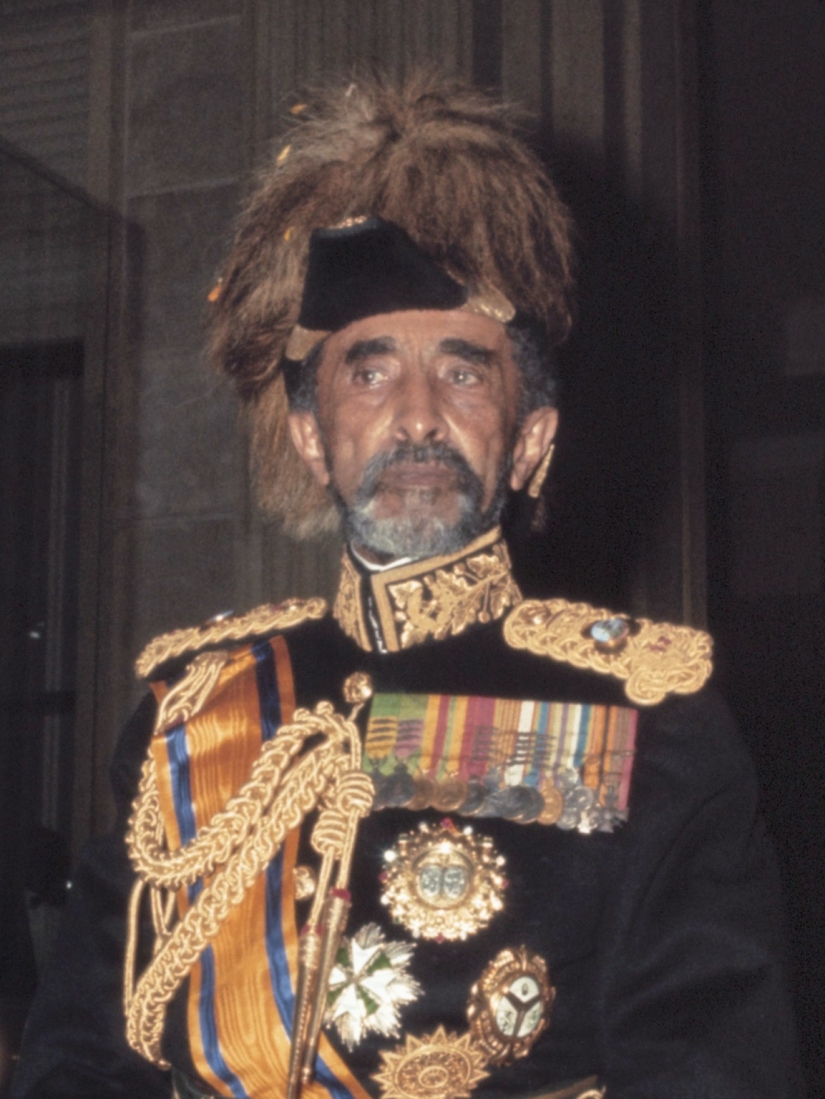
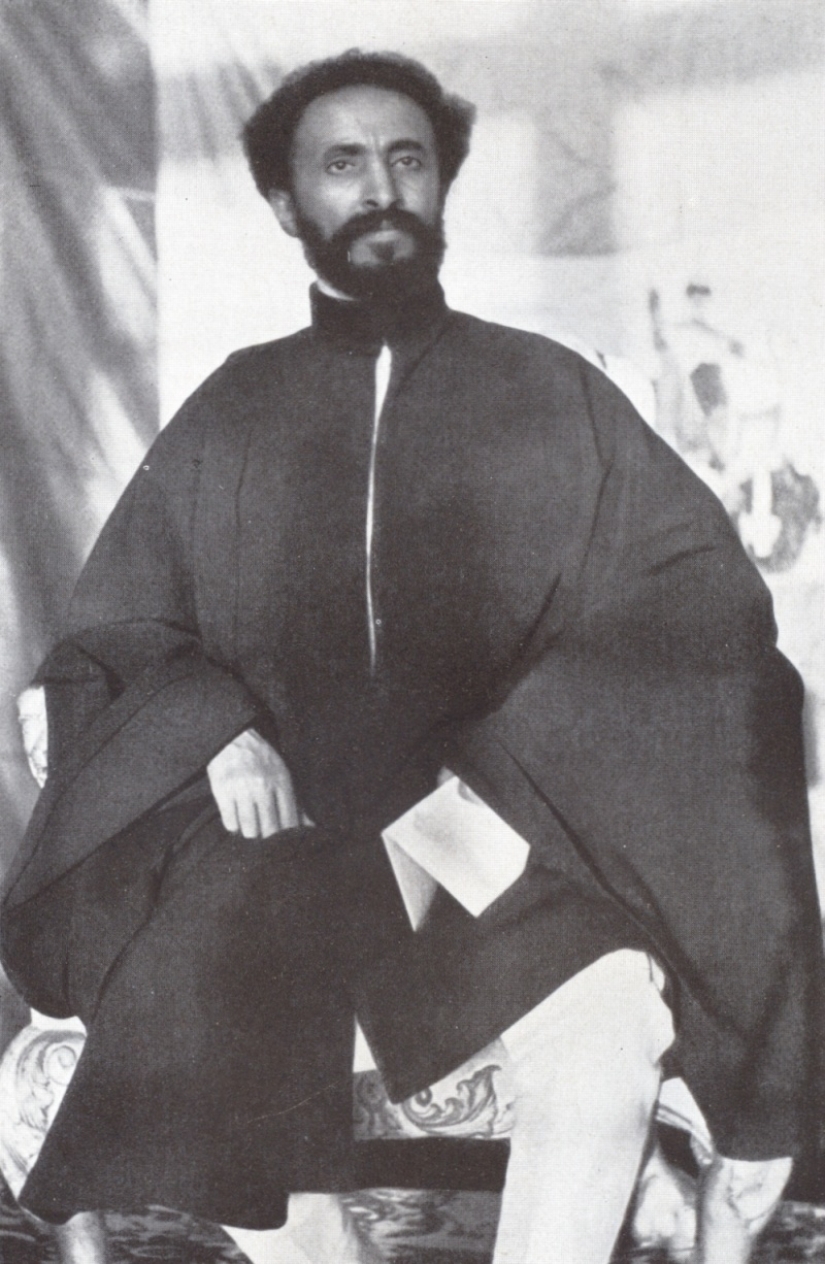
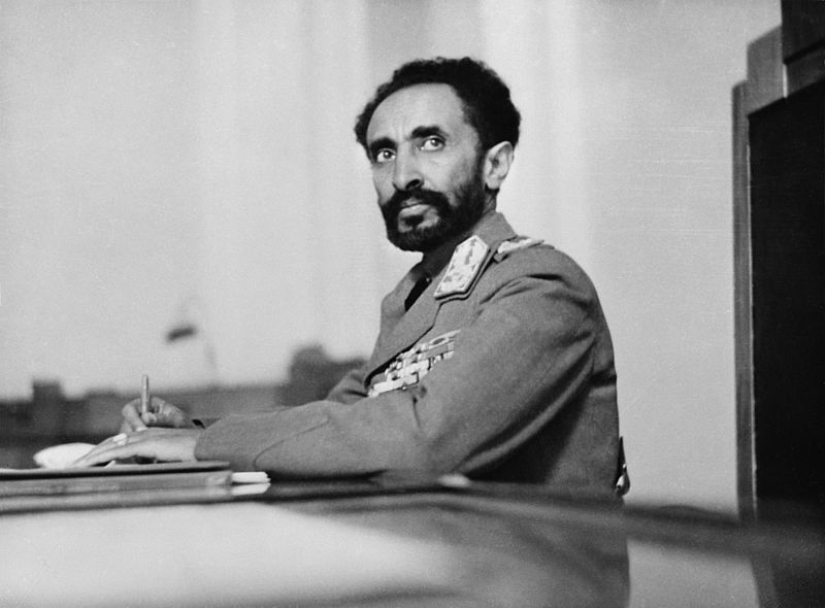
Keywords: Emperor | Government | Revolution | Throne | Ethiopia
Post News ArticleRecent articles

Every year of life, the functionality of our body's cells decreases. This is due to the fact that traces of aging are gradually ...

Artist of the burlesque genre Lois Defi famous not only for their talent, but also non-standard parameters. Growth leggy beauties ...
Related articles

This woman's life was very short, but so eventful that there would be enough events in it for several lifetimes. Having everything ...

On the morning of February 27, 1973, in the settlement of wounded knee, located on an Indian reservation at pine ridge, arrived ...

In ancient times people worshiped the different animals, plants, and natural phenomena. It seems the whole world has no place in ...

The clapperboard has long been a symbol of cinema. When we see this object, we immediately understand that we are talking about ...